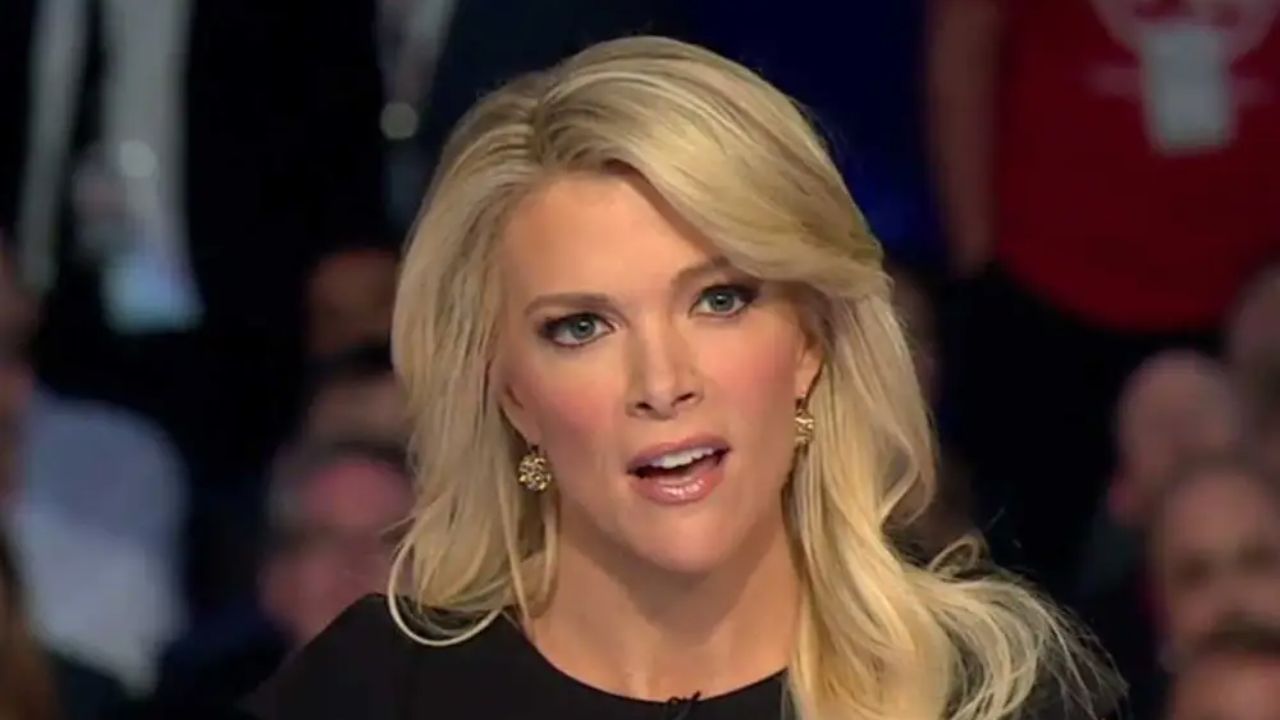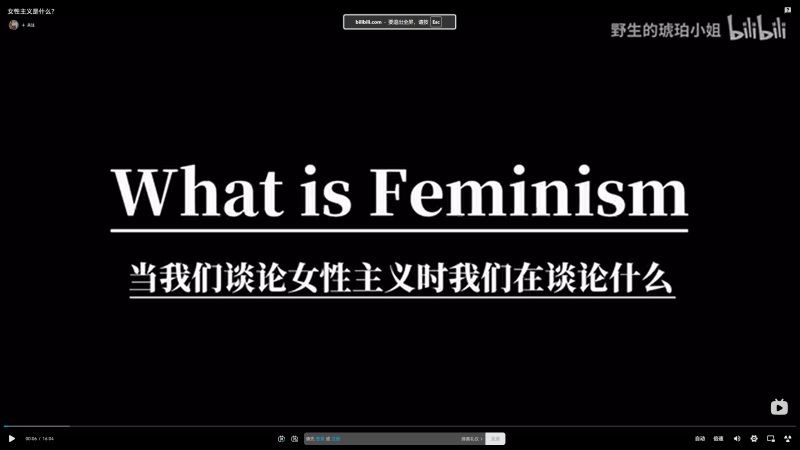An Invitation to All Men: Taking Feminism Further
Video Description
In this TEDxSydney Youth talk, Hannah Ferguson extends an invitation to all men: to engage more deeply with feminism. She points out that misogyny is not limited to extremists but exists widely among ordinary male populations. The speech explores the growing ideological divide between men and women, calls for redefining the term 'feminism,' and emphasizes that men are also harmed under patriarchy. Ferguson encourages men to move beyond the 'ally or enemy' binary opposition and challenge harmful speech and behavior in private spaces where women are not present through dialogue and education.
Related Topics
This powerful TEDxSydney Youth talk addresses the widespread nature of misogyny, the ideological gap between genders, and the crucial role men must play in advancing feminism toward true equality.
Core Arguments
The Universality of Misogyny
Ferguson challenges the comfortable assumption that misogyny is confined to extremist groups, arguing instead that it exists widely among ordinary men throughout society. This represents a significant social problem that requires broad-based solutions rather than targeting only the most obvious perpetrators.
The speaker presents evidence that casual misogyny permeates everyday interactions, social media discourse, and workplace dynamics, often manifesting in subtle ways that may not be immediately recognized as harmful but nonetheless contribute to systemic gender inequality.
The Growing Ideological Divide
Drawing on recent data, Ferguson highlights the expanding ideological gap between young men and women. In the United States, for example, women aged 18-30 have become significantly more liberal than their male counterparts, creating unprecedented political and social polarization along gender lines.
This divergence reflects deeper cultural tensions about gender roles, expectations, and social change, with young men increasingly feeling alienated from feminist discourse while young women become more politically engaged around gender equality issues.
Redefining Feminism
Ferguson calls for liberating the term “feminism” from negative frameworks created by media and political rhetoric, proposing a simple redefinition: “believing in equality for all people.” This approach aims to strip away the polarizing associations that have accumulated around the term and return to its fundamental principles.
By reframing feminism as a universal human rights issue rather than a zero-sum gender conflict, Ferguson hopes to create space for more men to engage with feminist principles without feeling personally attacked or marginalized.
Challenges and Critiques
Moving Beyond “Ally or Enemy”
The speech challenges men to transcend binary thinking that positions them as either allies or enemies of feminism. Ferguson encourages active participation in dialogue and the crucial work of challenging misogynistic speech and behavior in private male spaces where women are not present to advocate for themselves.
This approach recognizes that lasting change requires men to take responsibility for addressing harmful attitudes within their own communities, rather than simply performing allyship in public while remaining passive in private settings.
Patriarchy’s Double Harm
Ferguson emphasizes that men also suffer under patriarchal systems, providing them with intrinsic motivation to participate in feminist efforts. This argument acknowledges that rigid gender roles and expectations harm everyone, creating common ground for gender equality work.
The speaker explores how patriarchal structures limit men’s emotional expression, create unrealistic expectations about success and dominance, and contribute to mental health problems and relationship difficulties.
The Importance of Dialogue and Education
The talk advocates for combating social division caused by social media algorithms through open and respectful dialogue. Ferguson expresses willingness to welcome men who are genuinely interested in learning and changing, even if they start from positions of skepticism or misunderstanding.
This approach prioritizes education and engagement over exclusion and condemnation, recognizing that sustainable social change requires bringing skeptics into the conversation rather than writing them off entirely.
Practical Implications
Ferguson’s invitation to men includes specific actionable steps:
- Private accountability: Challenging misogynistic comments and behaviors in male-only spaces
- Active listening: Engaging with women’s experiences without defensiveness
- Self-reflection: Examining personal beliefs and behaviors for unconscious bias
- Educational commitment: Seeking to understand feminist theory and history
- Constructive dialogue: Approaching conversations about gender with openness rather than hostility
Contemporary Relevance
This talk arrives at a crucial moment when gender relations are increasingly polarized, particularly among younger generations. Ferguson’s approach offers a potential pathway forward that acknowledges legitimate concerns on multiple sides while maintaining commitment to equality principles.
The speech also addresses the role of digital media in shaping gender attitudes, recognizing that online echo chambers contribute to mutual misunderstanding and hostility between men and women.
Conclusion
Ferguson’s invitation represents a strategic approach to advancing feminism that emphasizes inclusion and education over exclusion and condemnation. By acknowledging that men are also harmed by patriarchal systems and inviting them into the conversation as partners rather than adversaries, she offers a model for building broader coalitions for gender equality.
The talk challenges both men and women to move beyond comfortable assumptions and engage in the difficult work of bridging ideological divides through honest dialogue and mutual respect. It suggests that taking feminism further requires not just women’s continued activism but men’s active participation in creating more equitable social structures.
This approach reflects a mature understanding that lasting social change requires coalition-building across difference, even when that process involves difficult conversations and the risk of misunderstanding.
Video Info
评论与讨论
与其他观众一起讨论这个视频
加入讨论
与其他观众一起讨论这个视频
加载评论中...

